Increased Pace of Fed’s Quantitative Tightening Raises Concerns About Liquidity Stress in Banking System
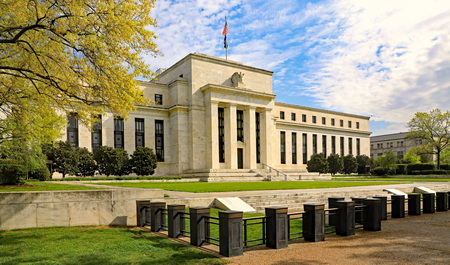
As the Federal Reserve accelerates the unwinding of its nearly $9 trillion balance sheet this month, there is growing concern about the impact that quantitative tightening (QT) may have on credit market liquidity and the overall economy. (Financial Times, Sept 14 and Reuters, Sept. 15)
QT & Liquidity
- The Fed launched its QT initiative on June 1 with initial caps set for $30 billion in U.S. Treasuries and $17.5 billion in agency mortgage-backed securities—but scheduled the caps to increase this week to $60 billion and $35 billion, respectively. (Federal Reserve, Plans for Reducing the Size of the Federal Reserve's Balance Sheet, May 4)
- The increased QT pace of up to $95 billion per month has sparked concerns about how contracting liquidity conditions could impact the overall economy and whether the Fed may seek an early exit from QT. (Financial Review, Sept. 14 and BGov, Sept. 12)
- The QT increase prompted a Bank of America warning to clients this month that strain on bond market liquidity is "one of the greatest threats to global financial stability today, potentially worse than the housing bubble of 2004-2007." (MarketWatch, Sept 15 and New York Times, Sept. 11)
- The Fed’s expected policy interest rate increase by 75 to 100 basis points next week would keep borrowing costs elevated as the central bank’s scheduled QT effort increases.
Soft Landing Challenge
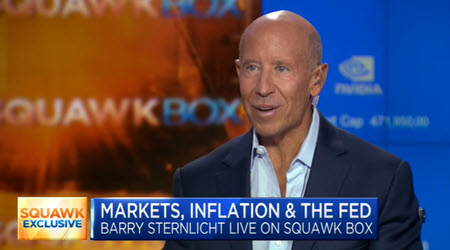
- The challenge for the Fed is whether it can achieve a “soft landing”—reducing the inflation rate while avoiding a recession—while the U.S. economy faces volatile inflationary factors from the war in Ukraine, high energy costs, and supply chain disruptions.
- Rising interest rates and various market conditions around the world could lead to a global recession next year, resulting in “lasting harm” to emerging and developing economies, according to an analysis released today by the World Bank. (Financial Times and UPI, Sept. 16)
- “Recent tightening of monetary and fiscal policies will likely prove helpful in reducing inflation,” said Ayhan Kose, the World Bank’s Acting Vice President for Equitable Growth, Finance, and Institutions. “But because they are highly synchronous across countries, they could be mutually compounding in tightening financial conditions and steepening the global growth slowdown.” (World Bank news release and analysis, Sept. 16)
- Roundtable Board Member Barry Sternlicht (Chairman and CEO, Starwood Capital Group), above, appeared on CNBC’s Squawk Box yesterday to discuss the Fed, inflation, and the U.S. economy. Sternlicht stated the economy is “braking hard” and that prices will begin to decrease after recent Fed measures.
The Roundtable’s Fall Meeting next week in Washington will include a discussion on the Fed’s actions and economic conditions with Dr. Austan Goolsbee, former White House Chairman of the Council of Economic Advisers from 2010-2011 and a member of President Barack Obama's cabinet.
# # #
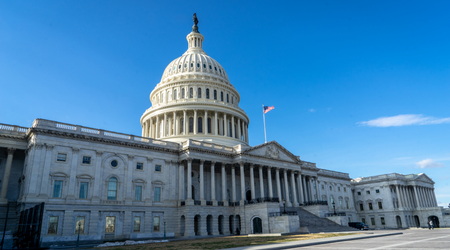 The end of the government’s fiscal year is only two weeks away as congressional leaders continue to work on the scope of a Continuing Resolution (CR) that would extend federal funding into mid-December.
CR Scope
The end of the government’s fiscal year is only two weeks away as congressional leaders continue to work on the scope of a Continuing Resolution (CR) that would extend federal funding into mid-December.
CR Scope
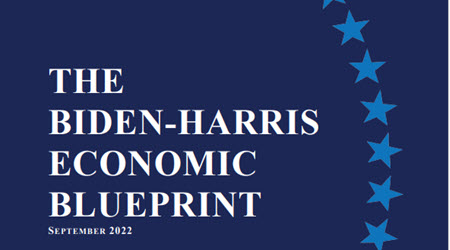


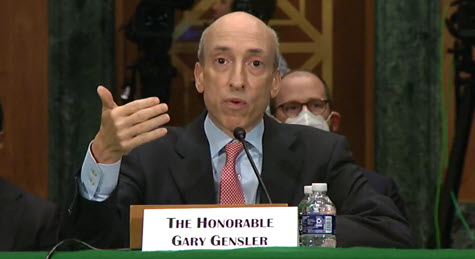 Senate Banking Committee members challenged Securities and Exchange Commission (SEC) Chair Gary Gensler, above, during an oversight hearing yesterday about the agency’s proposed climate disclosure rule. (CQ, Sept. 15 and Yahoo Finance, Sept. 16)
SEC Authority Questioned
Senate Banking Committee members challenged Securities and Exchange Commission (SEC) Chair Gary Gensler, above, during an oversight hearing yesterday about the agency’s proposed climate disclosure rule. (CQ, Sept. 15 and Yahoo Finance, Sept. 16)
SEC Authority Questioned
